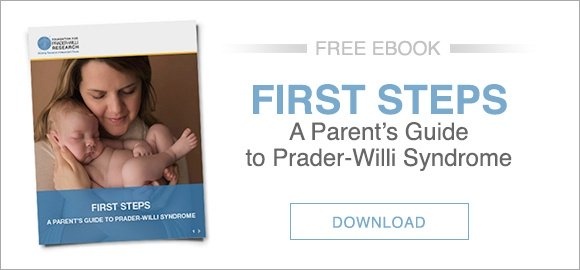This is an article that is very likely to generate a lot of discussion in the field. This study is trying to dissect the importance of ghrelin in regulating growth and appetite. They made a mouse that is missing the receptor for ghrelin (GHSR).
One would expect, if ghrelin is THE mediator of growth hormone (GH) release and appetite stimulation, that mice missing the receptor would be very small and very skinny. Unexpectedly, the mice missing the ghrelin receptor were a bit smaller and thinner than their littermates, but not very much. The authors conclude that ghrelin is NOT the dominant regulator of appetite and growth hormone release, but rather it acts to enhance GH release and appetite stimulation. They also conclude that it is unlikely that drugs to counteract ghrelin would be effective in controlling obesity. However, this study is not without some limitations -- and I'm sure there will be further studies and discussion. One possible alternative explanation for the results is that there may be a second ghrelin receptor that mediates its effects - which they didn't get rid of in this mouse model- or that there are other compensatory changes in the mice. At any rate, this provides a useful mouse model to better understand how ghrelin works.
Sun Y, Wang P, Zheng H, Smith RG. Ghrelin stimulation of growth hormone release and appetite is mediated through the growth hormone secretagogue receptor PNAS 101 4679-4684, 2004.








